As you’ve probably noticed, TV critics spend a lot of their time trying to identify which other programmes the one they’re reviewing most resembles. Sadly, in the case of BBC2’s The Entire Universe, this noble quest proved futile. Written and emceed by Eric Idle, the show did contain plenty of familiar television elements: songs, dance troupes, Warwick Davis making jokes about how small he is, a lecture by Professor Brian Cox on the nature of the cosmos. Yet the way it mixed them together was so unprecedentedly odd that it may well have made the average Boxing Day viewer feel they must be drunker than they thought.
The basic gag was that Cox hadn’t received his email of the script — and so believed he was coming to give the studio audience a serious talk, rather than take part in a comedy musical. On the whole, this meant that he’d supply a spot of cosmological information in his usual wondering tones, before being interrupted by a related song-and-dance number, feigning annoyance and insisting that ‘science isn’t showbiz’. But he was also faced with, say, Noel Fielding dressed as Einstein riding around the stage on a bike, and complimenting him on his knowledge of ‘astrology’.
At first, the combination of a satire on TV’s desire to jazz up science with an obvious desire to jazz up science felt like a shameless attempt by Idle to have his cake and eat it. Yet, the longer the programme went on, the more successful the attempt became. The songs once again demonstrated his skill at putting complicated ideas to jaunty tunes and cheerfully kitsch choreography. Fielding and Davis delivered their roles as underminers of scientific seriousness with infectious glee, and lots of crowd-pleasing jokes — although to its credit the show held out for nearly 20 minutes before giving us a pun on ‘Uranus’. Above all, Cox played a blinder as the kind of good sport that Des O’Connor used to be as a victim of Morecambe and Wise (who also appeared in the mix — or at least were rather well impersonated — as a pair of quantum mechanics).
Along the way, too, we were even told some interesting things about the entire universe — partly by the songs, but mainly, of course, when Cox was allowed his moments of scientific seriousness. As ever, these alternated between mind-blowing facts (most containing the word ‘billions’) and stuff that’s shamingly impossible to understand even though you know you’re getting the idiot’s-guide version: ‘Matter tells space-time how to curve and space-time tells matter how to move.’ (Discuss.) The result was a programme so weirdly enjoyable and good-humoured that resistance proved useless.
Another Christmas treat came on Wednesday with BBC1’s Ethel & Ernest — an animated film in the well-established Raymond Briggs style (complete with particularly expressive eyebrows) based on his graphic-book memoir of his parents.
Before the animation began, Briggs himself informed us in a voiceover that ‘there was nothing extraordinary about my mum and dad, nothing dramatic’ — and, as it turned out, he wasn’t kidding. Over the next 90 minutes, we first saw Ernest court a local lady’s maid, marry her and, in one of the programme’s few genuinely startling moments, buy a house in Wimbledon on a milkman’s salary. The couple then went about building their life together (‘I’ve finished the new draining board,’ went a typical line of dialogue) with Ethel giving birth in 1934 to their only child: a boy who, to their later puzzlement, threw away his grammar-school education to head for art school in a beret and sandals. Meanwhile, the political upheavals of the day were generally signalled by Ernest looking up from his newspaper and murmuring such remarks as ‘It says here, over two million unemployed’ or ‘Cor, this Beveridge Report’.
The marriage, as far as we could see, was unfailingly happy, despite Ernest being a solid Labour man and Ethel such a classic working-class Tory that she didn’t consider herself working-class. They duly faced all crises, from not being able to have more children to living through the Blitz, by keeping calm and carrying on.
In other words, this was not just a touching act of filial love, which treated small suburban lives with a respect and an absence of sneering rare in British writing of any sort. It was also a straightforward and ultimately rather convincing celebration of our commonly agreed self-image as a nation of quietly decent stoics.
Occasionally, perhaps, the pace was a bit too plodding. Yet, the fact that the final scenes, when both parents died with as little fuss as they’d lived, were so heart-rending confirmed how much we’d come to like and admire them. It might not even be too much of a stretch to argue that the programme raised some pretty big questions about what makes for a good life.
Got something to add? Join the discussion and comment below.
Get 10 issues for just $10
Subscribe to The Spectator Australia today for the next 10 magazine issues, plus full online access, for just $10.
You might disagree with half of it, but you’ll enjoy reading all of it. Try your first month for free, then just $2 a week for the remainder of your first year.

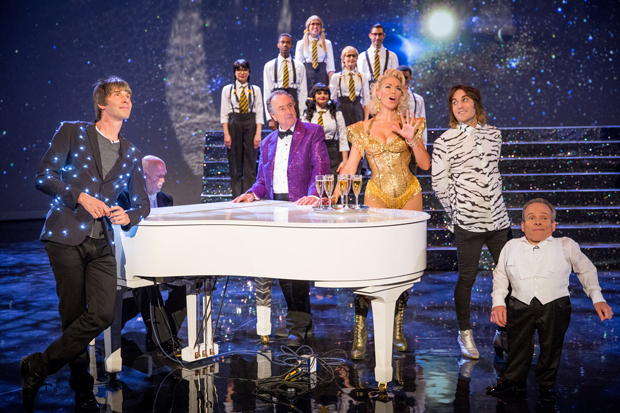
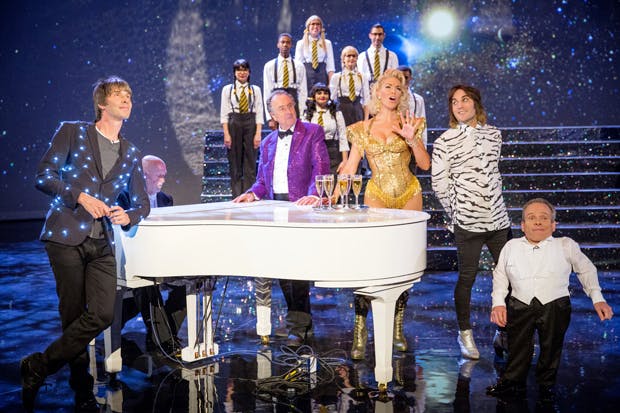

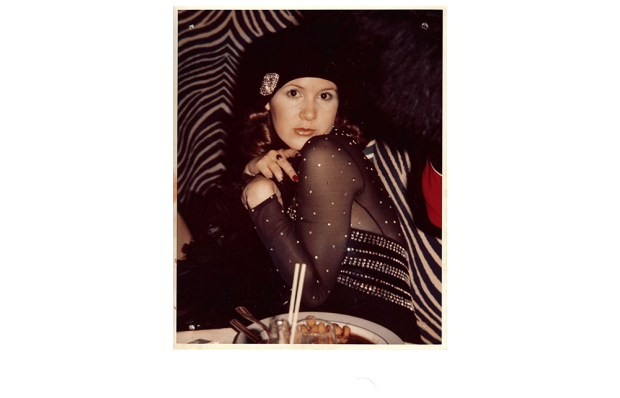
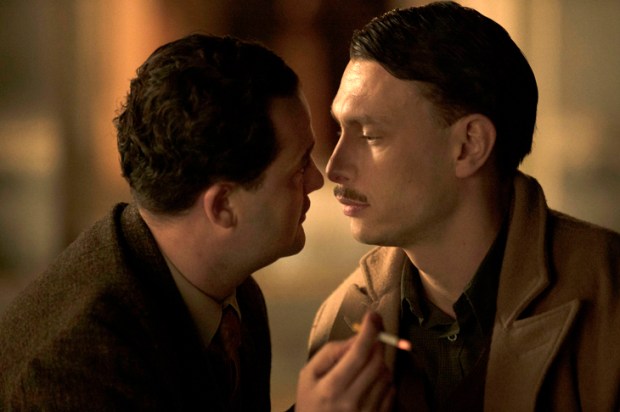
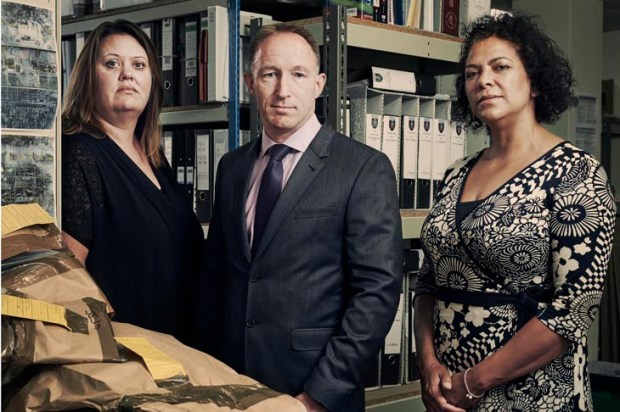







Comments
Don't miss out
Join the conversation with other Spectator Australia readers. Subscribe to leave a comment.
SUBSCRIBEAlready a subscriber? Log in